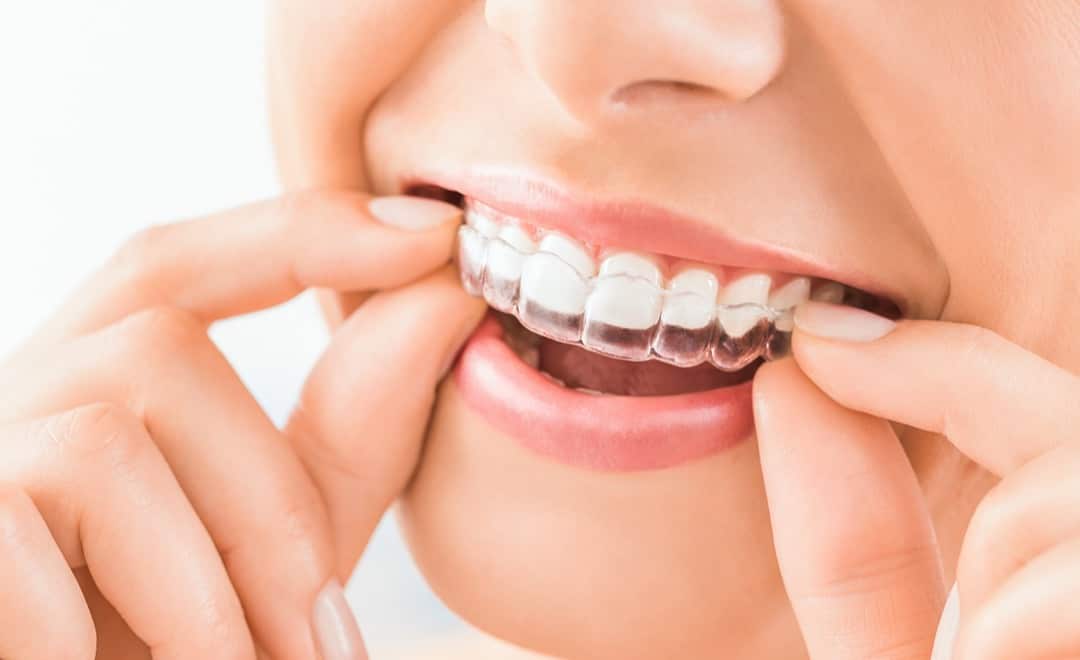More than 4 million people in the U.S. have braces, and many of them are adults. Dr. Chad Carver and the team at Stellar Family Orthodontics in Mukilteo and Mill Creek, Washington, understand that getting braces is a huge decision for you and your family. That’s why we want to make the transition as easy as possible for you.
Braces are practically a right of passage for people of all ages. Correcting crooked teeth or a bad bite not only improves your oral health, it also boosts your confidence and self-esteem.
How braces work
Braces can feel a little uncomfortable when they’re first placed. This is largely due to the way they straighten your teeth. Braces are made up of tiny metal brackets and flexible wires. The wires attach to the brackets to gradually pull your teeth into the correct position.
Stellar Family Orthodontics is equipped with the latest orthodontic technology, including an iTero® intraoral scanner, which takes digital impressions of your mouth to map out your personalized braces plan.
Not only does this eliminate the need for messy impressions, it also lets Dr. Carver refer back to your plan as needed.
Tips for your first week with braces
Once Dr. Carver places your braces, your mouth may feel uncomfortable and sore for a week or longer. Your teeth and gums simply aren’t used to the pressure of braces. Fortunately, we can help you ease the discomfort while your teeth adjust:
Stick to soft foods
Most patients feel a little sore after getting braces. Chewing can feel especially painful for the first week. To relieve pain from braces, we recommend sticking to soft foods, like rice, soup, or stews.
Buy a soft bristled toothbrush
Tender gums are expected after you get braces, but you can ease your pain with a soft bristled toothbrush. These soft bristles are gentle on your gums, so you can keep your teeth clean without adding extra irritation.
Avoid hot and cold temperatures
With increased blood flow to your gums, your teeth feel extra sensitive after getting braces. To reduce your tooth sensitivity and minimize any pain you may feel from sensitive gums, try to avoid overly hot or cold foods and drinks.
Use anti-inflammatory medication
Part of the reason your gums feel so sensitive after you get braces is inflammation. Fortunately, there are plenty of over-the-counter (OTC) anti-inflammatory medications to reduce gum swelling and relieve pain while you adjust to your new braces.
Dr. Carver and the experienced team at Stellar Family Orthodontics are here to help if you’re struggling to get used to your new braces.
To book an appointment today, call Stellar Family Orthodontics or schedule a visit online now!




